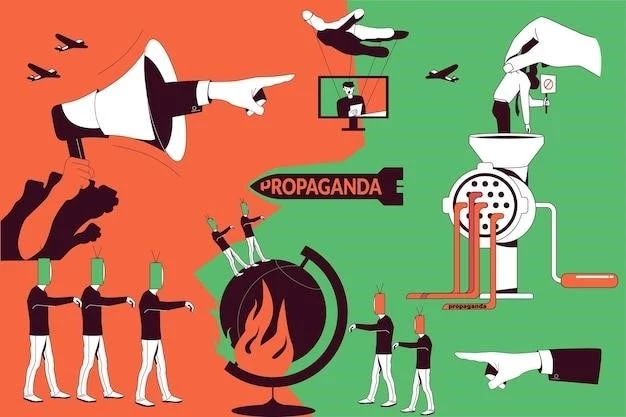Language is a powerful tool. It can be used to build bridges, to inspire, to inform, and to unite. It can also be used to manipulate, to deceive, and to divide. This is particularly true in the realm of politics and propaganda, where words are often wielded like weapons.
As someone who has been actively engaged in the political discourse, I’ve witnessed firsthand the impact of language. I’ve seen how carefully chosen phrases can sway public opinion, and how inflammatory rhetoric can incite violence. I’ve also seen how language can be used to create a sense of shared identity and purpose, and to galvanize people to action.
The Power of Persuasion
One of the most important roles of language in politics is persuasion. Politicians and their supporters use language to convince voters to agree with their positions and support their policies. They often use techniques like:
- Emotional appeals: This involves using language that evokes strong emotions like fear, anger, or hope, to influence people’s opinions. For example, a politician might use fear-mongering tactics to rally support for a particular policy, or they might appeal to people’s sense of hope to get them to vote for them.
- Logical arguments: This involves using facts, evidence, and reason to persuade people to see things from their point of view. For example, a politician might use statistics to support their argument for a particular policy, or they might cite historical examples to illustrate their point.
- Framing: This involves using language to shape people’s understanding of an issue. For example, a politician might frame a debate about healthcare as a choice between “freedom” and “government control,” rather than as a discussion about the merits of different healthcare systems.
The Role of Propaganda
Propaganda is a form of communication that is designed to influence people’s opinions and behaviors. It often uses biased or misleading information to achieve its goals. In the political context, propaganda is often used to promote a particular ideology or to discredit opponents.
I’ve seen how propaganda can be used to manipulate people’s perceptions of reality. For example, during political campaigns, I’ve witnessed the spread of misinformation about opponents, designed to make them appear less trustworthy or competent. This type of propaganda can be very effective, especially when it is disseminated through social media, where it can spread quickly and reach a wide audience.

The Importance of Critical Thinking
In today’s world, where information is readily available and easily spread, it’s more important than ever to be critical consumers of language. We need to be able to identify and analyze the techniques used by politicians and propagandists to influence our opinions. We also need to be aware of the biases and agendas that may be behind the messages we receive.
By being critical thinkers, we can better understand the role of language in politics and propaganda. We can also make more informed decisions about who we support and what policies we endorse.

Conclusion
Language is a powerful tool that can be used for both good and evil. In the hands of politicians and propagandists, it can be used to shape public opinion, to incite violence, and to divide communities. However, by being critical consumers of language, we can empower ourselves to make informed decisions and to resist manipulation. We must be vigilant in our pursuit of truth and justice, and we must never underestimate the power of words.










